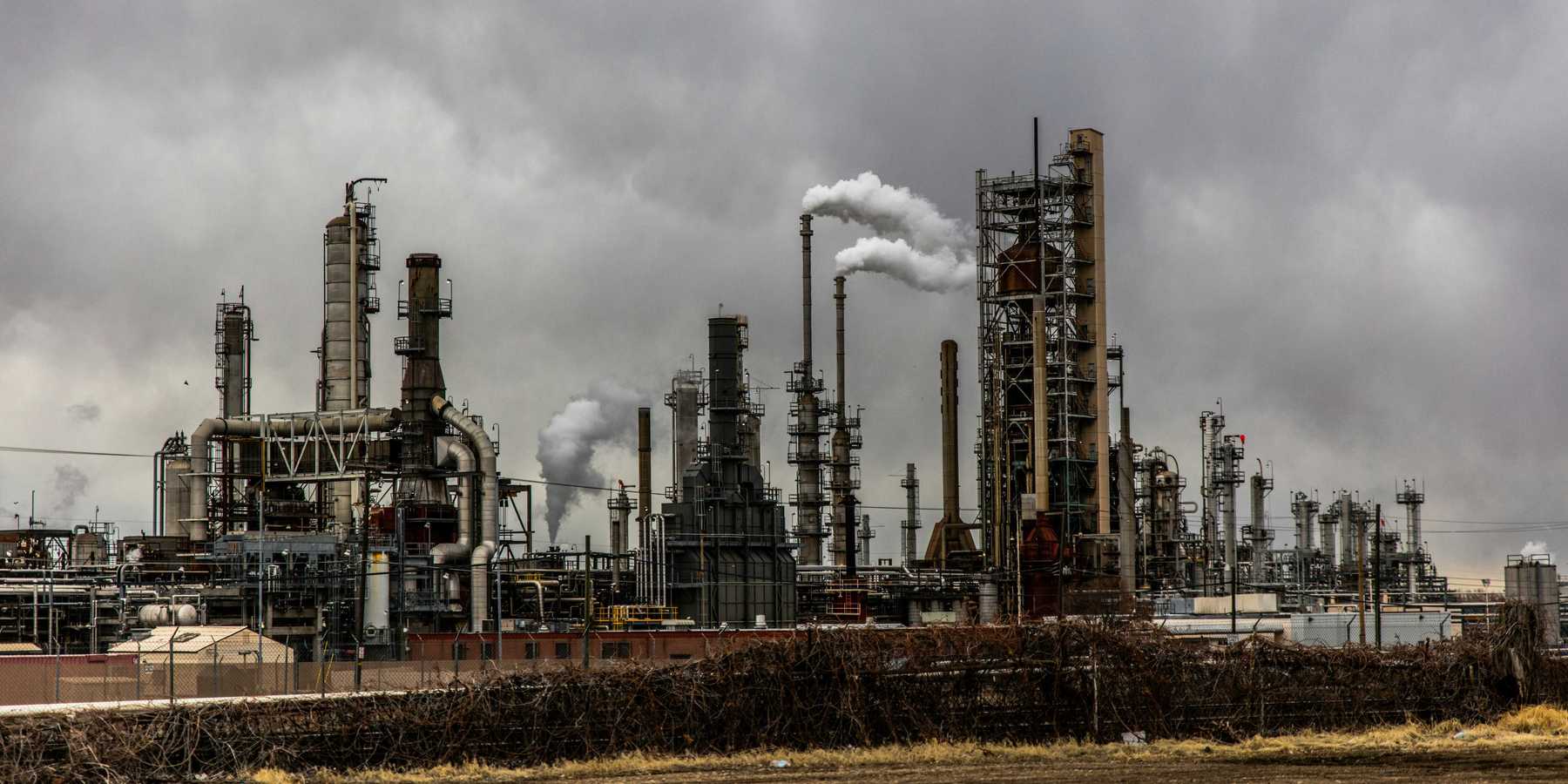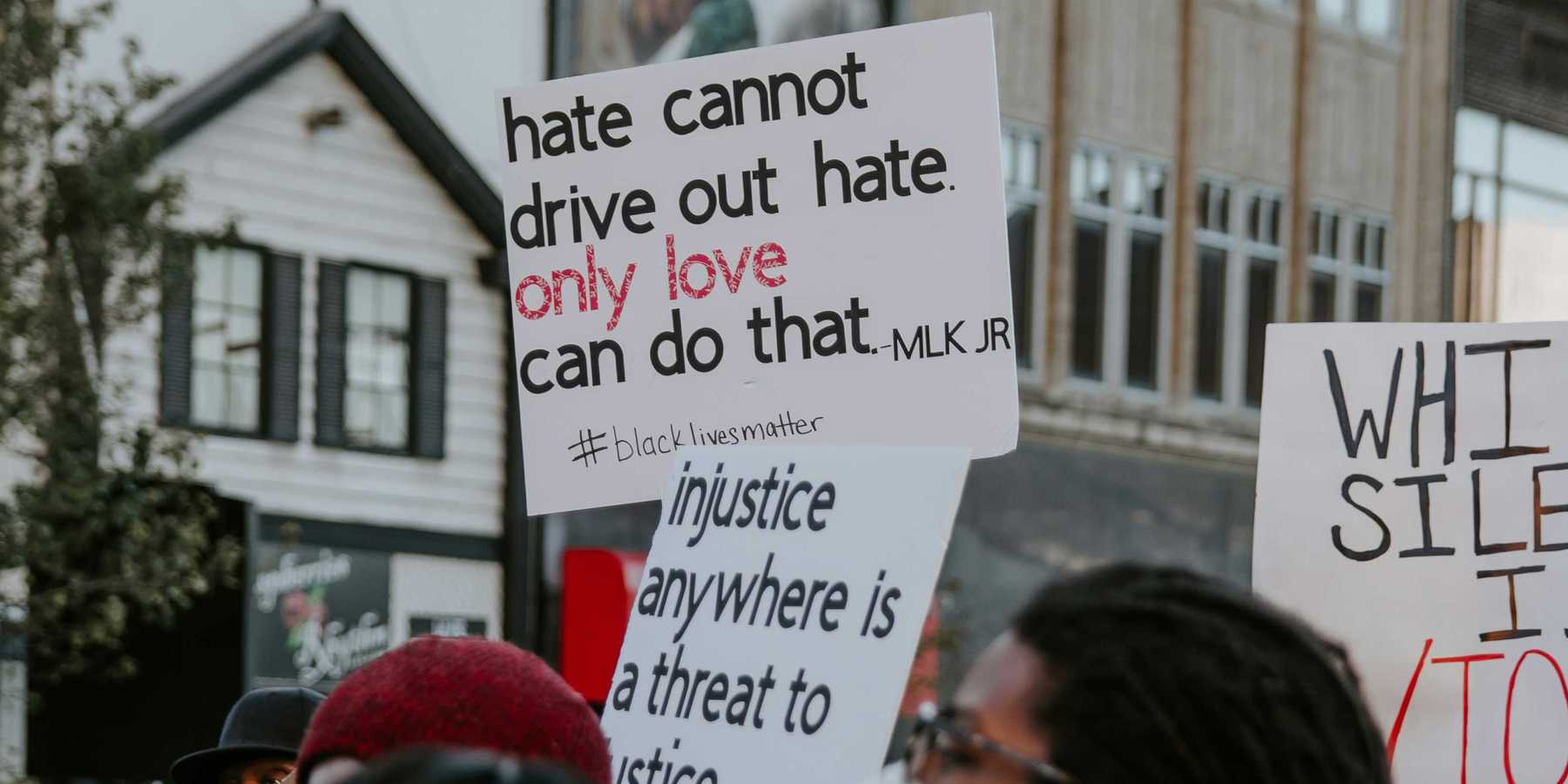
William H. Schlesinger: Patriotism in a globalized world
On a full planet, how we divide up finite resources, may well define our future—as one of conflict or one of enlightenment.
When photographed from space, the Earth appears as a blue planet, with swirls of clouds passing over its surface that circulate its atmosphere from pole to pole and top to bottom, mixing it over time periods of a few months.
The history of oceanography shows a circulation of the seas that matches the mixing of the atmosphere. The physics of these fluids on Earth recognizes no political boundaries, such as we have been prone to delineate on land.
Defending boundaries on land is the realm of traditional patriots, who have often had isolationist beliefs.
It is comfortable to think that a fence surrounding our yard or a wall surrounding our country will keep out undesirables, however we might define them.
But, the air we breathe, the climate we experience, and the rain that falls on sovereign lands derive from the larger biophysical circulation of our planet, which does not recognize such boundaries.
When the world had fewer people, it was practical to fence off and isolate local areas, so the sustenance of life could be obtained within. On a full planet, where every nation can affect the global climate, isolationism is not relevant.
Climate change wrought by any nation can cause drought and crop failures half a world away, stimulating the migration of local peoples to the borders of foreign lands.
The carbon dioxide emitted from Denver or Dubai has an equal effect in melting polar ice and flooding the coastal areas of nations worldwide.
Toxic mercury, pesticides, and radiation are carried globally in the atmosphere and ocean currents.
A world linked by immediate air transportation is linked by the arrival of diseases, pests, and pathogens across sovereign borders. In today's world, it is not patriotic to shun a global view; indeed the successful patriot will be a globalist who recognizes and works to reduce conflict and increase cooperation across boundaries everywhere.
We live in an integrated system that spans only a thin "peel" about 20 kilometers thick on the surface of planet Earth. How we manage that arena will determine the persistence and quality of life for every one of the species that now inhabit this planet with us.
Some species are likely to disappear; others will proliferate globally, bringing huge changes to daily life that we have long regarded as "normal." Homo sapiens will be the supervisor of this arena.
On a full planet, how we divide up finite resources, such as oil, water, phosphate and the fishes of the sea, may well define our future, as one of conflict or one of enlightenment.
We can manage the biosphere well, we can manage it poorly, or through purposeful actions of terrorism and war, we can poison Eden.
When the playground is full, it pays to play well together if we expect the game to go on.
William H. Schlesinger is one of the nation's leading ecologists and earth scientists. He has served as dean of the Nicholas School of the Environment at Duke University and president of the Cary Institute of Ecosystem Studies. This article originally ran on Translational Ecology, Schlesinger's science-based blog offering analysis of current environmental topics.













